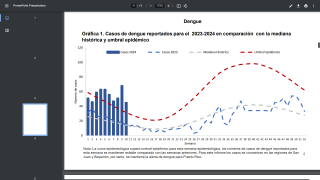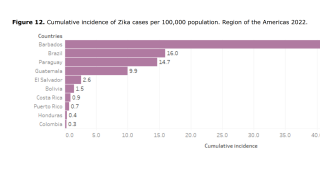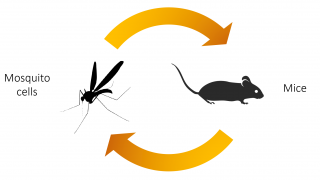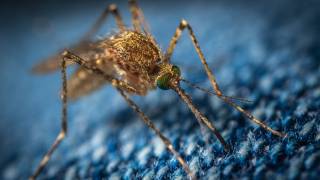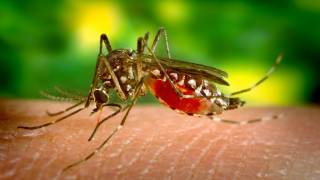New Legislation May Protect the USA From Zika

The US Congress has passed the “Strengthening Mosquito Abatement for Safety and Health Act” (SMASH Act) legislation, which supports and expands mosquito-borne and vector-borne disease control programs in the USA.
This is important legislation since the Aedes mosquito-spread Zika virus remains a threat to USA citizens who travel internationally.
This new legislation passed by voice vote in both the House and the Senate, according to U.S. Representative Darren Soto. This legislation now requires President Donald Trump‘s signature to become effective.
“Infectious diseases caused by mosquitoes, like Zika and West Nile virus, continue to be a growing threat to public health.”
“That’s why it’s crucial to study the impact and prevention programs for mosquito-borne and other vector-borne diseases, and this bill accomplishes these goals,” Soto said in a press release on June 6, 2019.
The SMASH Act authorizes $100 million dollars per year, from 2019 through 2023 for mosquito control programs, and $190 million in Epidemiology-lab grants.
It also amends the Public Health Services Act to revise and extend through 2023 the Centers for Disease Control and Prevention (CDC) grants for mosquito control programs. The grant program is expanded so grants may be used to address emerging, infectious mosquito-borne diseases and to improve existing control programs.
While there has not been any locally spread Zika cases in 2019, the State of Florida has reported 20 ‘travel-related’ Zika cases, as of June 6th.
Most concerning is 9 of the 20 infected with Zika are pregnant women.
This means these women’s fetuses may suffer from microcephanly.
Microcephaly is a congenital malformation resulting in smaller than normal head size. Zika has also been associated with other birth defects and neurologic conditions.
A recent study reported a Zika virus infection during the later stages of gestation may harbor increased risk for developmental disorders. This mice-based study published on May 13, 2019, found behaviors reminiscent of attention-deficit/hyperactivity disorder (ADHD).
To reduce the number of ‘travel-related’ Zika cases in Americans, the CDC says pregnant women planning to travel to countries where Zika transmission is ongoing or has been recently reported, should always seek pre-travel health advice to assess the risk of infection.
In certain countries, such as Costa Rica, the CDC, Canada, and the UK have issued advice recommending pregnant women and those considering becoming pregnant, should avoid visiting.
As an example, the CDC reported Puerto Rico confirmed 147 Zika cases during 2018.
To further alert international travelers, the CDC updated its ‘map’ of countries confronting the Zika virus on May 15, 2019.
Going forward, the SMASH Act will give health authorities more options in the way they deal with Zika outbreaks.
A preventive Zika virus vaccine would also be helpful.
Since 2016, research and development projects on 45 Zika vaccine candidates have been initiated. Several vaccine candidates are currently in phase 1 and 2 of clinical trials, such as:
Zika Vaccine Research Receives $2 Million From the DOD
Zika Vaccine Candidate Doses 1st Patient
Our Trust Standards: Medical Advisory Committee


